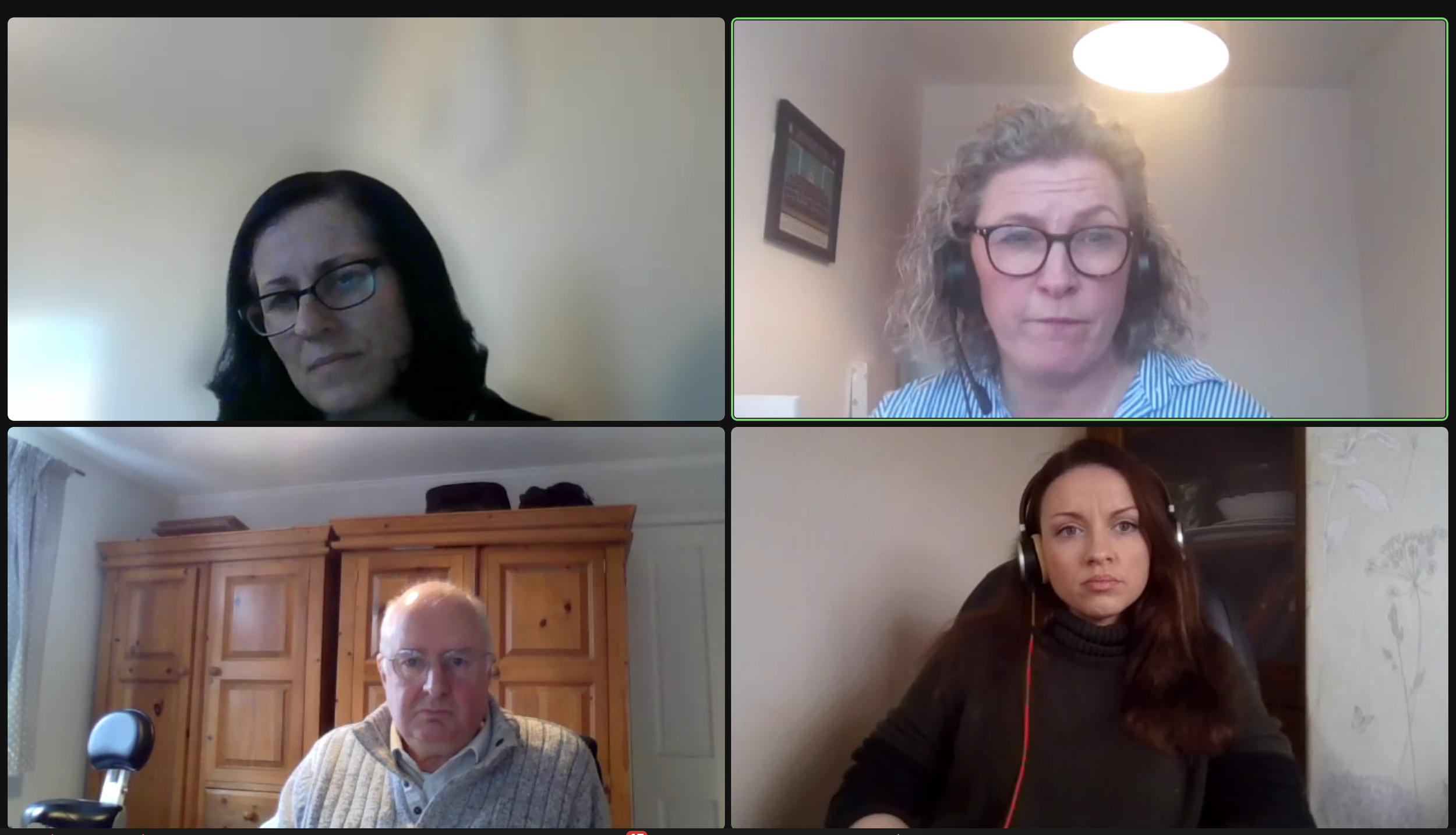Campfire session recap: Assessment moving forward with a step back to campus
The UNIwise Campfire session “Assessment moving forward with a step back to campus” took place on 28 February and featured perspectives from three UK universities on how they’re tackling the next steps in their assessment delivery.
The session was chaired by Paul Bailey, Head of Co-Design at Jisc, who kicked things off with a question about the student experience of digital assessment. According to Head of Registry Services Michele Vermeulen, experience over the past three years suggests that University of Bedfordshire ‘students want digital assessment’, having reported reduced levels of anxiety and enjoying sitting in a familiar place as opposed to a large exam hall. The process is simpler for students to follow, and it has ‘improved the quality of their submissions’. In short, there are lots of positives to reflect on post-COVID, and for Michelle, digital assessment allows for exams that are ‘much more reflective of the real world’.
Lisa Greenslade, Head of Assessment and Examinations, Student Operations at King’s College London (KCL) explained they are now using a combination of digital and paper exams: ‘on the whole, students still prefer the online assessments...they are used to using computers every day, even in their learning’.
For Joanne Moles, Head of Assessment Delivery and Platforms at University College London (UCL), digital assessment is the ‘new normal’ at UCL, where they are opting for a ‘digital first’ approach. ‘We’d never have gotten here without COVID; it gave us the momentum we needed. But it’s now about what’s next.’
The challenge of digital poverty and digital literacy was raised by session attendees. At Bedfordshire, which is attended by a lot of mature students, the university has extended its laptop loan scheme and provided a service to allow students to book a space on campus for their assessments. At KCL, computer labs of ‘up to 1,200 workstations at one time’ are available to ensure accessibility of technology.
“Digital assessment is the new normal at UCL, and we are opting for a digital first approach ”
Concerns about academic integrity, the use of AI tools such as ChatGPT and requirements set by Professional, statutory and regulatory bodies (PSRBs) have driven some courses to return to face-to-face exams on campus, which Joanne described as a ‘knee-jerk response’. Some of these in-person assessments are taking place as digital exams on campus, although the panel acknowledged that that brings with it a whole new set of challenges to be overcome, including providing laptops for students, locking down browsers and finding suitable spaces with power and WIFI to run large-scale exams. Digital exams on campus can be seen as the most difficult option, challenging to manage and support and costly to provide sufficient laptops or locate large enough venues.
However, as Michelle pointed out, we need to ‘adopt new digital tools, as it would be counterintuitive to now start moving away from the digital world’. Lisa agreed that embracing new tech is ‘important for knowing the real world’.
“We need to adopt new digital tools, as it would be counterintuitive now to start moving away from the digital world ”
Assessment load and length should be carefully considered, the panel agreed. Post-COVID, UCL has moved away from long assessment windows, such as 24-hour periods, because some students were working for all the time available. It is now applying different late submission rules to accommodate different assessments.
Paul noted that it was interesting how ‘the flexibility that comes with digital assessment can reduce anxiety’, but that it can be a ‘double-edged sword, as many different assessment formats could actually add to stress’. There will never be one type of assessment that every student will love, the panel concluded.
Security and operational efficiencies were two other benefits of digital assessment that the platform agreed on: scripts can easily and safely be distributed to markers and there’s a faster turnaround of marking. What appears to be missing is digitisation of the processes around assessment that deal with complaints or incidents that emerge from the assessment process.
Regarding data analytics, the panel agreed that digital assessment platforms are providing useful and actionable insights around the students’ behaviour. For instance, what seemed like a large number of complaints from students was easily explained when looking at the data, which showed these students were often leaving submissions to the last minute. At UCL, Joanne believes data has ‘helped us develop policy going forward’.
“When Omicron hit, Kings were forced back into remote exams, but digital assessment meant that it was actually feasible, and there was not the usual chaos”
To close, Paul asked our panellists for their takeaways for anyone who had yet to embark on the digital transformation journey.
Top tips from our panellists
Michele Vermeulen: ‘Go digital where you can, not just with assessments but when it comes to the organisational process, too – see the bigger picture!’
Joanne Moles: ‘Embrace digital, be bold and lead on it; work with your learning and teaching teams and IT services.’
Lisa Greenslade: ‘I agree, you need to be bold and go for it. We will have 33,000 students sitting online in person exams in May, alongside face-to-face paper-based exams, but it opens up doors for new possibilities. Digital is the way forward.’
We will be holding a WISEflow taster session on 9 March at 10AM BST, which will give you an overview of the platform, including a demo of how it works for students, plus a Q&A. This will be on online taster session, and all are welcome.
If you are interested, please register here.

